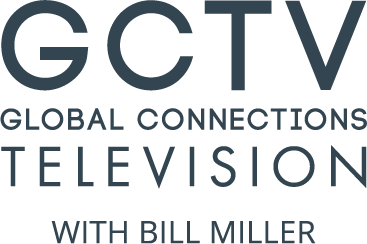Elizabeth Graham had a Top-Secret CIA security clearance at the age of 16. She worked for an international corporation for 12 years, began to travel to the Soviet Union, and then became one of the very few Americans to move to Russia. She lived under Communism in the Soviet Union, then Russia, and Central Asia. Her most recent book, “From Democracy to Democrazy: A Warning to all Americans” reads like a cross between a John Grisham novel and the movie The Manchurian Candidate. She contends that Vladimir Putin hates America and is striving to weaken it as much as possible, utilizing tools, such as racism, violence, insurrection, cyberattacks, inflation, isolationism and possibly receiving help from Donald Trump. If Trump secures the presidency, he has threatened to dismantle NATO, the US’s administrative state, abolish the Constitution, install political hacks throughout the government, ignore legal governmental decisions, quash media outlets, imprison his political opponents and install a presidential dictatorship.
GCTV explores and covers diverse world issues such as hunger, poverty, security, economic development, energy, world health, migration, war, human rights, tolerance and international trade.




















